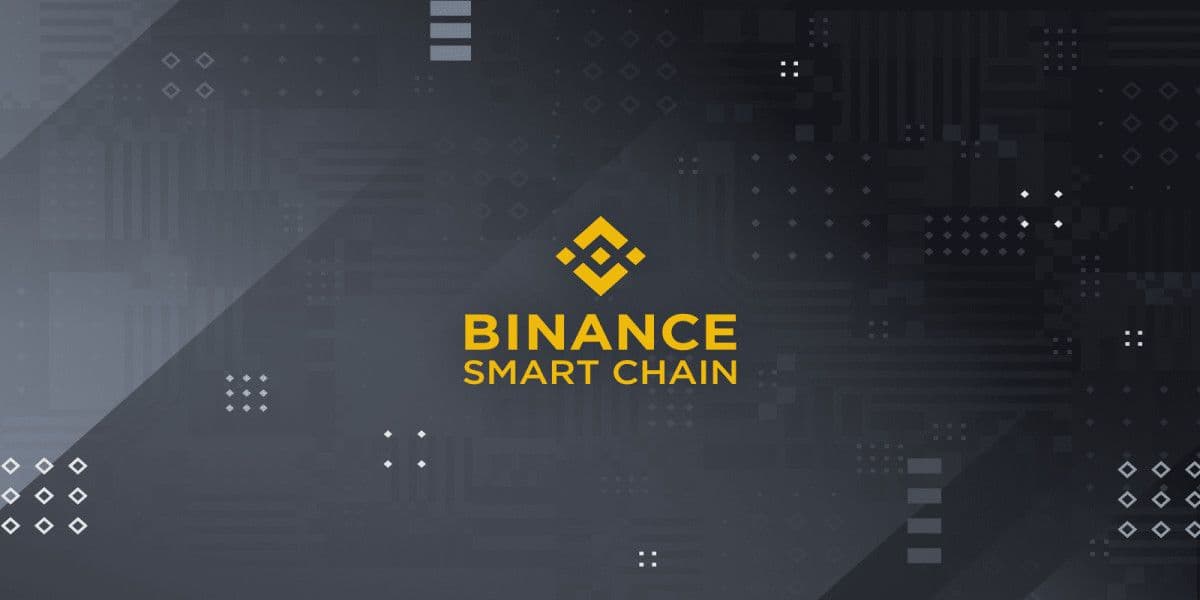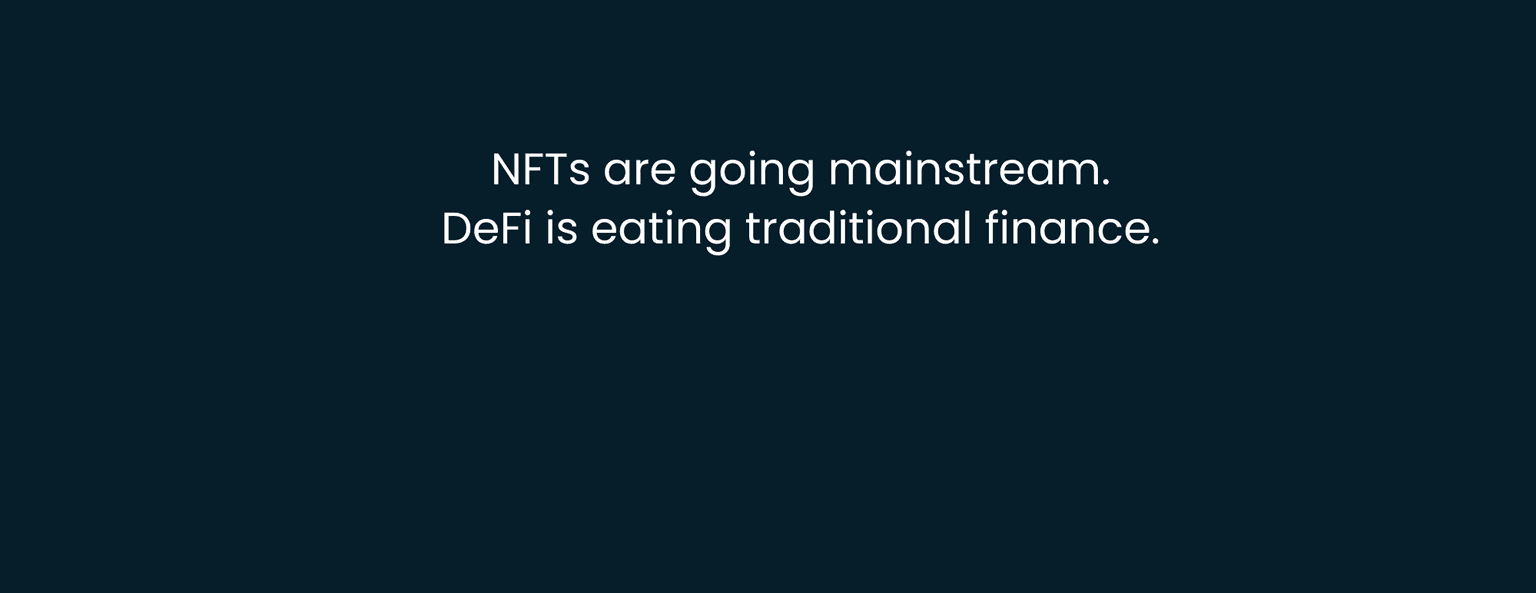Huobi HECO Chain: What You Should Know About It
The network's growth brought exchange chains like Binance Smart Chain (BSC) and Huobi ECO Chain (HECO). Let's talk about HECO.

Ethereum’s success as one of the first ecosystems to support dApps birthed numerous chains. The blockchain is a programmable network, allowing developers to build applications on it. Following in the footsteps of Bitcoin, Ethereum is one of the most valuable chains in the digital asset community. The network’s growth brought exchange chains like Binance Smart Chain (BSC) and Huobi ECO Chain (HECO).

What is Huobi ECO Chain (HECO)?
The Huobi group founded HECO to offer DeFi services to developers. Huobi is a digital asset exchange, which initially focused on the Chinese market. Today, the platform has branches in over 100 countries, showing the immense growth of the cryptocurrency market. Leon Li founded Huobi in 2013, making it one of the oldest digital asset exchanges.
HECO is the chain for the Huobi ecosystem. The chain’s website shows that HECO is a decentralized and energy-saving public chain that boasts smart contracts compatibility. Creators built the chain for both users and developers. While users may enjoy attractive features like low transaction fees and high performance, developers take advantage of the compatibility of the smart contract.
The HECO community explained that the chain supports cross-chain functionality. This means that it would allow more accessible communication between different chains while optimizing fees during the transfer of assets.

Pros of using HECO mainnet as a user
HECO asserted that users enjoy certain benefits when they use HECO. Benefits for users are usually in the form of user experience and usability. Below are the pros enjoyed by users when they use Huobi Chain.
Faster transaction execution
On HECO, users can initiate transactions and get quick implementation. The speedier performance is due to the use of the HPoS consensus mechanism.
Cheaper transaction fees
It also charges lesser transaction fees due to high compatibility with smart contracts and a meta transaction to reduce cost.
Cross-chain functionality
HECO is a cross-chain platform that allows transactions with other blockchains.
Transaction currency
The Huobi token(HT) is the transaction currency, also the Huobi ecosystem’s native currency.
Pros of using HECO mainnet as a developer
Developers also enjoy some benefits when using the chain, and they are below.
High compatibility with smart contracts
This allows developers to make dApps supported on Ethereum and other chains.
Reduction in migration costs
Migration cost is cheaper due to cross-chain functionality and smart contract support.
What is Huobi Token?
Huobi token (HT) is the native token of the Huobi ecosystem and the currency of HECO. The exchange declared that the token was for user experience improvement. People holding the asset also enjoy lower trading fees on Huobi with the power to vote on crucial decisions. Besides user experience, holders may also enjoy asset growth over time. HT is a token that has recorded growth over the past few years, generating profits for holders.
Peculiarities of Huobi Chain
Essentially, the Huobi ECO chain is a network made to help developers access low-cost on-chain services. Because of its high compatibility with smart contracts, programmers pay lesser for running dApps. Also, users can store digital assets with the chain’s decentralized finance (DeFi).
The Huobi Group’s Vice president, Ciara Sun, asserted that Huobi Chain would promote DeFi adoption because of its decentralized structure. The executive noted that a decentralized network is crucial for the growth of the decentralized finance industry.
The Huobi Chain focuses primarily on DeFi and its development. Although the chain is relatively new, it has numerous decentralized finance (DeFi) applications on its network. DeFi is an industry that centers on providing financial services to users without interruption from intermediaries. Unlike centralized systems that have control over a user’s money, DeFi gives users autonomy.
Today, DeFi continues to attract more attention from within the digital asset community and the mainstream media. The industry has grown rapidly over the years, helping people access financial services without going to a bank.
Technical Aspects Of HECO
HECO operates a decentralized and public network for more robust security. It also allows EVM programmability, which makes smart contracts compatible. The chain supports the asset transmission of multiple cryptocurrencies for effective asset transfer.
How To Use Huobi Chain
Huobi chain is the public blockchain of the Huobi group, and it focuses on DeFi. Here are some ways to use the chain.
How to connect MetaMask to HECO chain
Here is a guide to help you connect your MetaMask wallet to the HECO network.
Step 1
You should open your MetaMask through the app or the browser extensions. After then, click on the MetaMask symbol situated at the right hand of the application. From here, click on “my account” to locate the settings.
Step 2
After clicking on settings, you will find numerous settings options. Scroll down to access the network area. Here, you will see chains connected to MetaMask. Now, you need to add the custom network to add the HECO chain.
Step 3
You need to add the following:
Network name
Chain ID
New RPC URL
Ensure the details are correct for a successful addition. After this, you can add the customized chain.
Step 4
The last step is connecting to the newly added chain. You will be able to access the HECO mainnet when you review your added networks. Here you have it! You have successfully connected the Huobi Eco chain to MetaMask.
Huobi Chain DeFi projects
Huobi Chain hosts some DeFi projects on its network. Below are some of the popular HECO DeFi projects.
Lendhub
Lendhub is a DeFi lending platform hosted by HECO. It claims to support the mining and lending of LHB in multiple currencies. The decentralized lending platform also gives users bonuses for lending. The project, which launched in January, grew to be one of the top platforms for receiving loans on Huobi.
Lendhub programmers explained that lending is the most used service in decentralized finance platforms. They capitalized on that assertion to create Lendhub, which is presently running on the HECO chain. The developers pointed out that security is one of the biggest concerns for users on DeFi platforms. With this in mind, the experts revealed that they would prioritize safety to keep users safe.
FilDA
FilDA is another DeFi project based on Huobi Eco Chain. It operates as a cross-chain platform that supports asset transfers over different blockchains through bridging. FilDA is a lending platform supporting liquid mining and borrowing of funds. Presently, it supports a wide range of HECO currencies, such as the HBTC.
StarLink
StarLink is a search engine that aims to combine both decentralized and centralized worlds. Today, the project prides itself as one of the few decentralized search engines existing.
CoinWind
This is a yielding farm hosted on both HECO and Binance Smart Chain. CoinWind works towards optimizing user yield by maximizing returns when it pledges tokens. The aggregator tool aims to increase returns from single-token mining while mitigating risks associated with yield farming. On HECO, there are 16 tokens for single-token mining opportunities. The platform asserted that it would reinvest profits made to assure more profits for investors. As a decentralized platform, users have the liberty of making important decisions.
Recommended Wallets For Huobi Chain
There are some wallets Huobi chain works well with. So, to have a seamless experience on the public chain, you should consider using these wallets. This list is not exhaustive, and there are other wallets compatible with the Huobi chain.
Huobi Wallet
Huobi has its wallet called Huobi wallet. According to its official website, it is a professional and multi-chain wallet. Similarly, the site assured that the wallet’s security is top-notch due to the expertise of the Huobi group blockchain professionals. Also, it has a digital asset management (DAM) service to help users enjoy seamless transactions.
Users can add their favorite assets alongside the available eight: BTC, ETH, EOS, USDT, and others. These eight assets have already been included in the app so that you can transact with them immediately. Similarly, you can utilize all ERC-20 tokens on Huobi wallet because it supports a comprehensive range of token types.
Ledger wallet
Ledger wallet is a hardware wallet that supports Bitcoin, Ethereum, and the Huobi token (HT). This wallet is a multicurrency wallet that keeps private keys for digital assets offline. To enjoy more robust security and safety, experts recommend hard wallets. With these kinds of wallets, owners don’t have to worry about theft or security concerns. There are two popular types of wallets: hot and cold wallets. That said, hot wallets are online wallets, which are vulnerable to hacking and other security issues. Cold wallets are offline wallets like Ledger.
Metamask
Metamask is popularly known as an Ethereum wallet because it supports Ethereum-based tokens. Besides Ethereum, Metamask supports the Huobi token. To use metamask, you need to install it as an extension or an app. Because of the rise of smart contracts and decentralized applications, users need metamask to transact with Ether and other Ethereum-based products.
Conclusion
HECO is another exchange chain aiming to spread the adoption of decentralized finance. With cost-effective transactions and lower power usage, developers can take advantage of the network. The chain hosts numerous DeFi projects, so users can exploit them by getting loans, using the yielding farm, and many other applications. You can also use your HT with multiple wallets to ensure a seamless transaction, such as Metamask, Ledger, and Huobi.





























